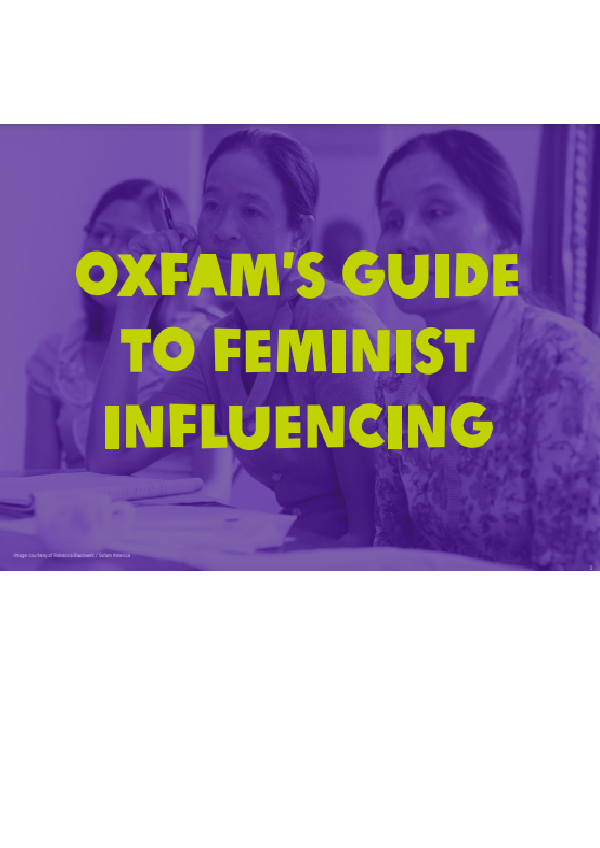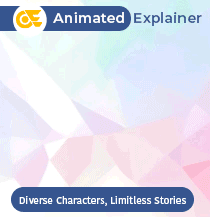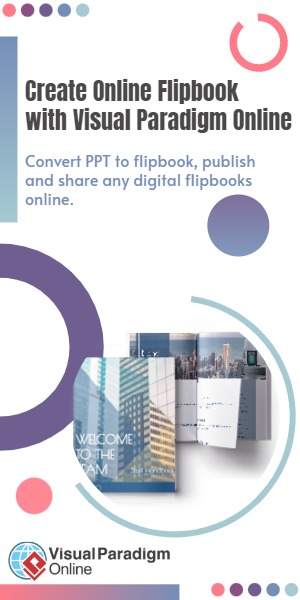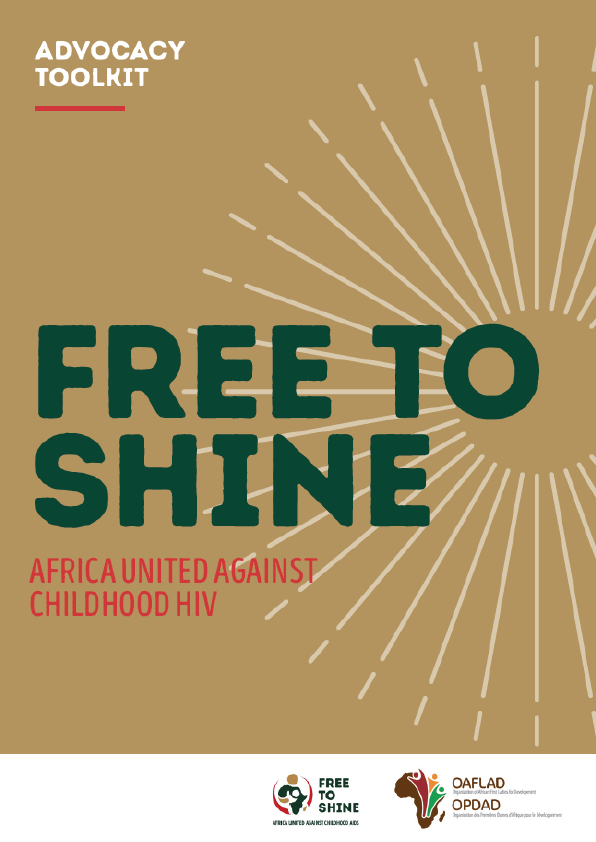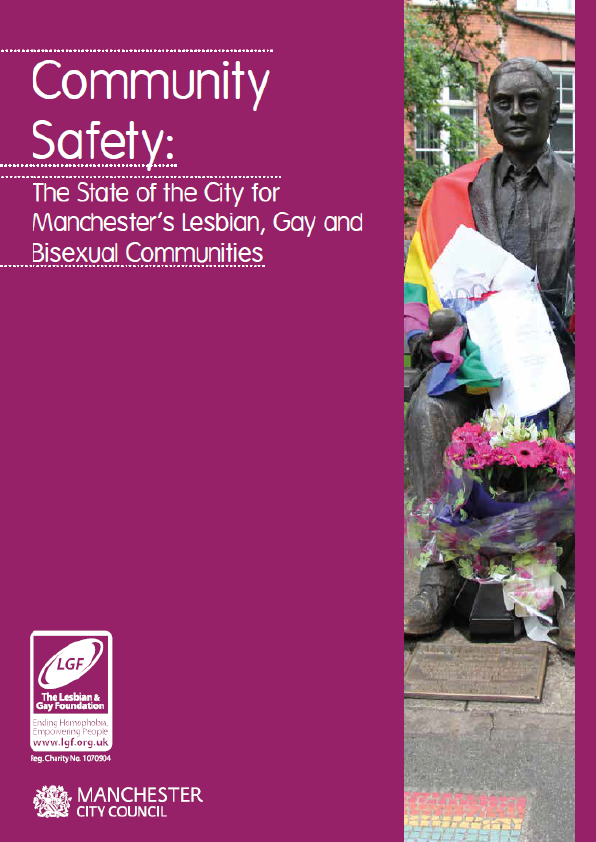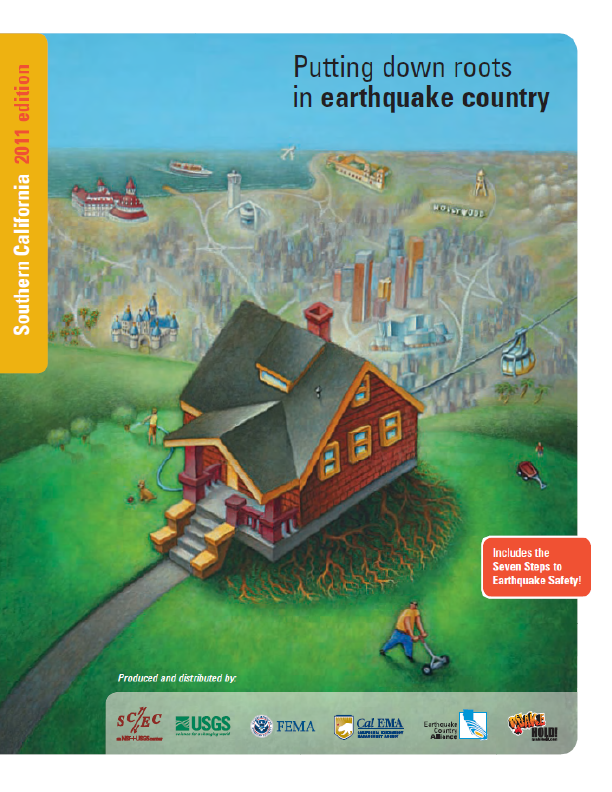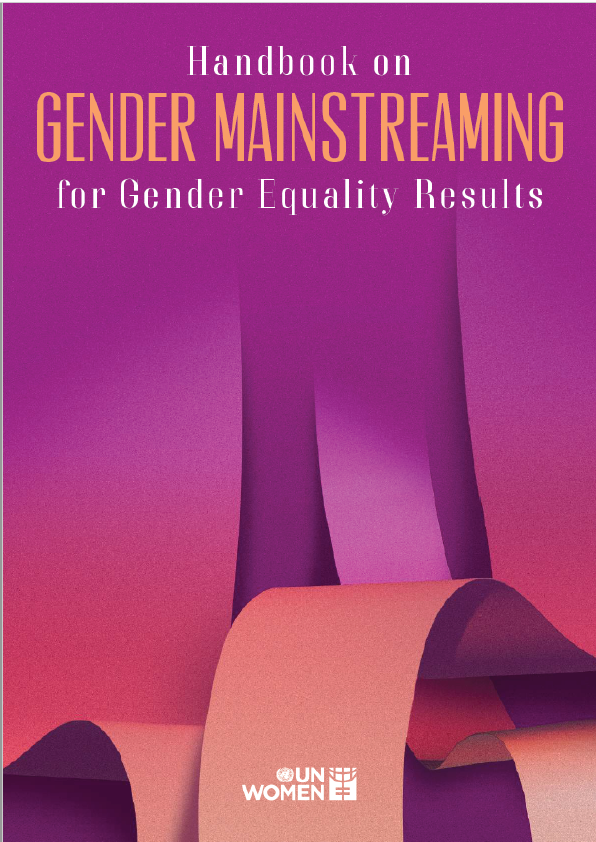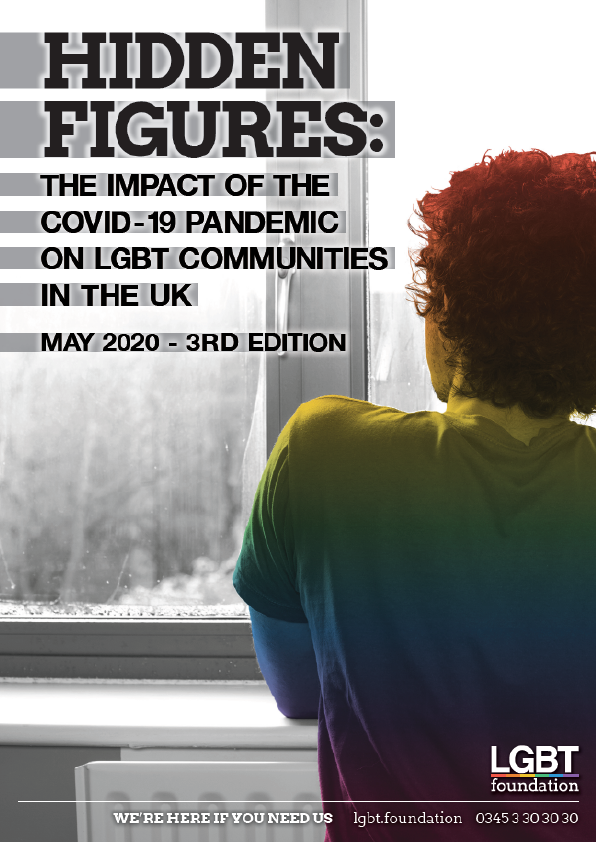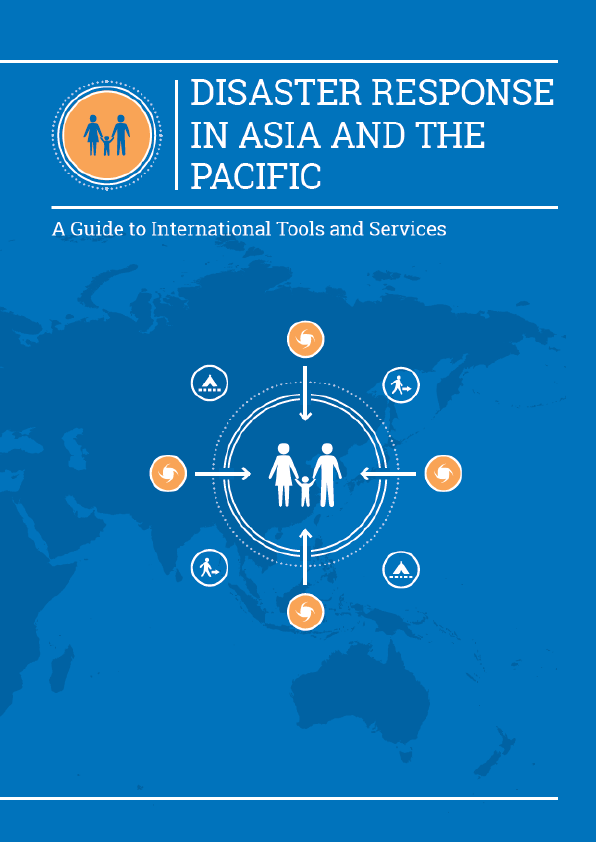Feminism is a range of socio-political movements and ideologies that aim to define and establish the political, economic, personal, and social equality of the sexes. Feminism incorporates the position that societies prioritize the male point of view, and that women are treated unjustly within those societies. Efforts to change include fighting against gender stereotypes and establishing educational, professional, and interpersonal opportunities and outcomes for women that are equal to those for men.
The Oxfam guide to feminist influencing is designed to help Oxfam staff apply feminist principles and practices to campaigning (including digital and public campaigns), policy, advocacy, and influence. It will help us translate “putting women’s rights at the heart of all we do” into clear simple steps, ideas and actions, with an emphasis on transforming unequal gender and power relations.
The ideas, strategy, and tools presented here are applicable to any issue area and so can be used to either integrate gender, or create gender-focused work, across all the themes and issues we work on.
This guide is for everyone working in the policy, advocacy, campaigning and influencing space; you don’t have to be a gender specialist to challenge oppression and contribute to gender equality. Staff at all levels and in any role can use this guide to make their influencing work more feminist.
A feminist approach:
• Takes a rights-based, transformative approach to eliminating poverty. Gender, power and wealth inequalities exacerbate each other and as a result, women and girls make up the majority of those living in poverty, and poverty affects women, men, boys and girls differently. Policy, campaigns, advocacy and influencing with a feminist approach recognize this and respond to it.
• Means making sure that any research or strategy development reflects the reality that poverty affects men and women differently.
• Ensures that a gender analysis is at the core of influencing objectives and tactics, and not just an add-on or afterthought.
• Is not “instrumentalist”, framing women’s issues in service of another goal (economic growth, etc). Instead, the issues women face should be framed in terms of the importance of women’s rights and backed up by international commitments.
• Means basing your advocacy in the legal standards defined by Convention on the Elimination of All Forms of Discrimination Against Women (CEDAW), which relates to oxfam’s rights-based approach.
• Puts strong partnerships with women’s rights advocates and their organizations/networks at its heart.
• Requires making sure your team has the time, capacity, knowledge, budget and resources to integrate gender from start to finish. Staff must be held accountable for their commitments to integrate gender.
• Isn’t just about including women and girls: it’s about ensuring that women and men’s specific needs and experiences are understood and accounted for.
• Requires an examination of the way people’s intersecting identities (class, gender, race, ability, etc) impact the ways that they have power and privilege, and the ways they face marginalization and discrimination.
• Ensures that no one is left behind and the poorest and most marginalized, men, women, boys and girls, are given an equal voice and opportunity to shape the future.
